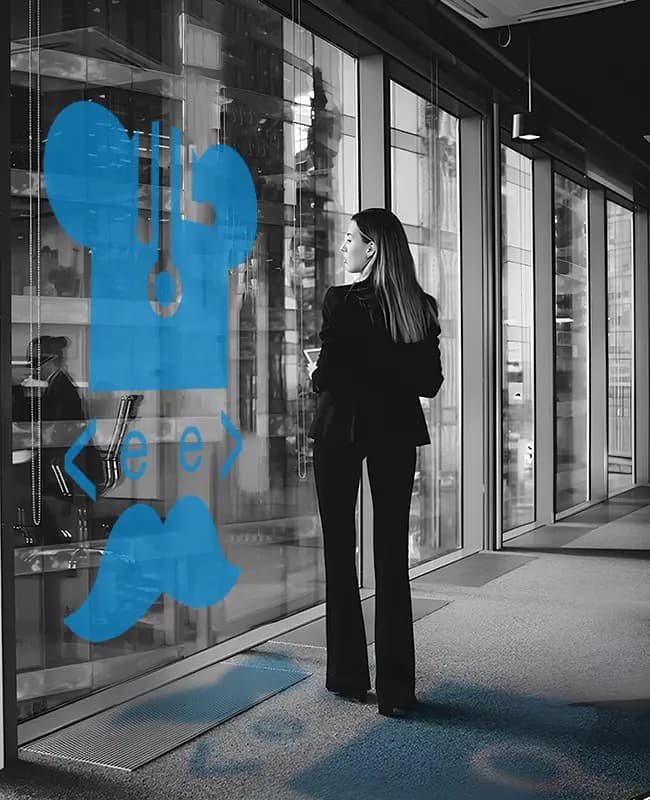
BENEFITS OF COMMERCE
Why do we need Commerce ?

We believe in a customer-centric ethic without and people-centric paradigm within. With a strong sense of community, ownership, and collaboration our people work in a spirit of co-creation, co-innovation, and co-development to engineer next-generation software products with the help of accelerators ‘
COMMERCE PLATFORMS
Together in every code. Discover the strength of our partnership.
COMMERCE PLATFORMS
Discover the right commerce solution for your Business Requirements
Open-Source commerce
Utilizes freely available code, allowing businesses to customize and modify their online selling platforms according to their needs, fostering community collaboration and innovation in e-commerce solutions. This approach promotes flexibility and scalability in adapting to evolving market.

Headless commerce
Decouples the front-end presentation layer from the back-end e-commerce functionality, enabling businesses to create highly customized and immersive shopping experiences across various digital touchpoints while maintaining robust backend capabilities.

SaaS (Software as a service) commerce
Offers e-commerce solutions hosted on cloud platforms, providing businesses with accessible, subscription-based services for managing online sales, reducing infrastructure costs, and enabling scalability and flexibility.

THE PROCESS
Digital Transformation Process

Requirements Analysis and System Design
Initiate the development process with a comprehensive requirements analysis, focusing on business objectives, technical specifications, and user needs. This phase involves creating detailed system architecture diagrams, selecting the appropriate tech stack (e.g., LAMP, MEAN, or MERN), and determining the database schema and cloud infrastructure (AWS, Azure, Google Cloud) requirements for scalability and reliability.
Development and Integration
Leverage agile methodologies for the iterative development of frontend and backend components. Utilize frameworks and libraries (React, Vue.js for frontend; Node.js, Django for backend) to build responsive user interfaces and robust server-side logic. Integrate APIs for payment gateways (Stripe, PayPal), CRM systems (Salesforce, HubSpot), and ERP systems (SAP, Oracle) to enhance functionality and automate business processes.
Security and Compliance Implementation
Implement security best practices throughout the development lifecycle, including secure coding practices, OWASP Top 10 vulnerability mitigation, and the use of SSL/TLS for data encryption. Ensure compliance with data protection regulations (GDPR, CCPA) by incorporating privacy-by-design principles and conducting regular security audits and penetration testing.
Testing, Deployment, and Monitoring
Conduct comprehensive testing, including unit testing, integration testing, performance testing (using tools like JMeter, LoadRunner), and usability testing to ensure the platform is robust, scalable, and user-friendly. Deploy the application using CI/CD pipelines (Jenkins, GitLab CI) for streamlined delivery, and utilize monitoring and logging tools (Prometheus, ELK stack) to continuously monitor system performance and user behavior for ongoing optimization.
FAQ’S
Frequently Asked Questions
01
02
03











